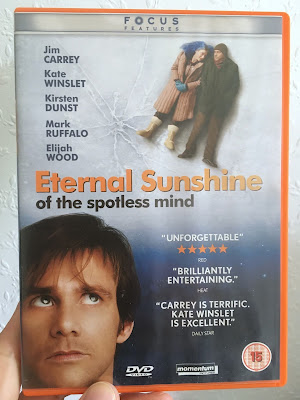Derivative, shallow sci-fi starring Tom Cruise. I probably wouldn’t have bought this DVD, but I watched it because I found it being given away on a wall.
The plot is rather confused, but Google usefully summarises it as follows: “Jack Harper, a drone repairman stationed on Earth that has been ravaged by war with extraterrestrials, questions his identity after rescuing the woman who keeps appearing in his dreams.”
That woman is Olga Kurylenko, who, like Cruise, hardly gets any dialogue at all. Another barely filled-in, completely thrown-away character is played by Morgan Freeman, who struggles to convey the grizzled leader of a band of human survivors.
There are so many things wrong with Oblivion:
• As usual, Tom Cruise is a good-at-everything action-hero dullard who manages to save the world single-handedly. It’s Top Gun all over again.
• In the absence of dialogue – or any kind of personality – Tom spends much of the film staring moodily yet conveying little emotion.
• Almost every element is borrowed from another sci-fi film.
• We visit the remains of what used to be New York, but it’s nothing but lush, clean and green vistas. Where’s all the rubble and filth? Could it be transformed that thoroughly in just 60 years?
• There are plot holes aplenty. Best not to ask many questions.
• Attempts to be “philosophical” end up hollow and self-conscious.
• When we finally meet the alien presence, it’s a huge let-down.
• The title has absolutely nothing to do with anything in the film. It's like they wanted a high-impact, single-word title, but all of the relevant words had already been taken.













































